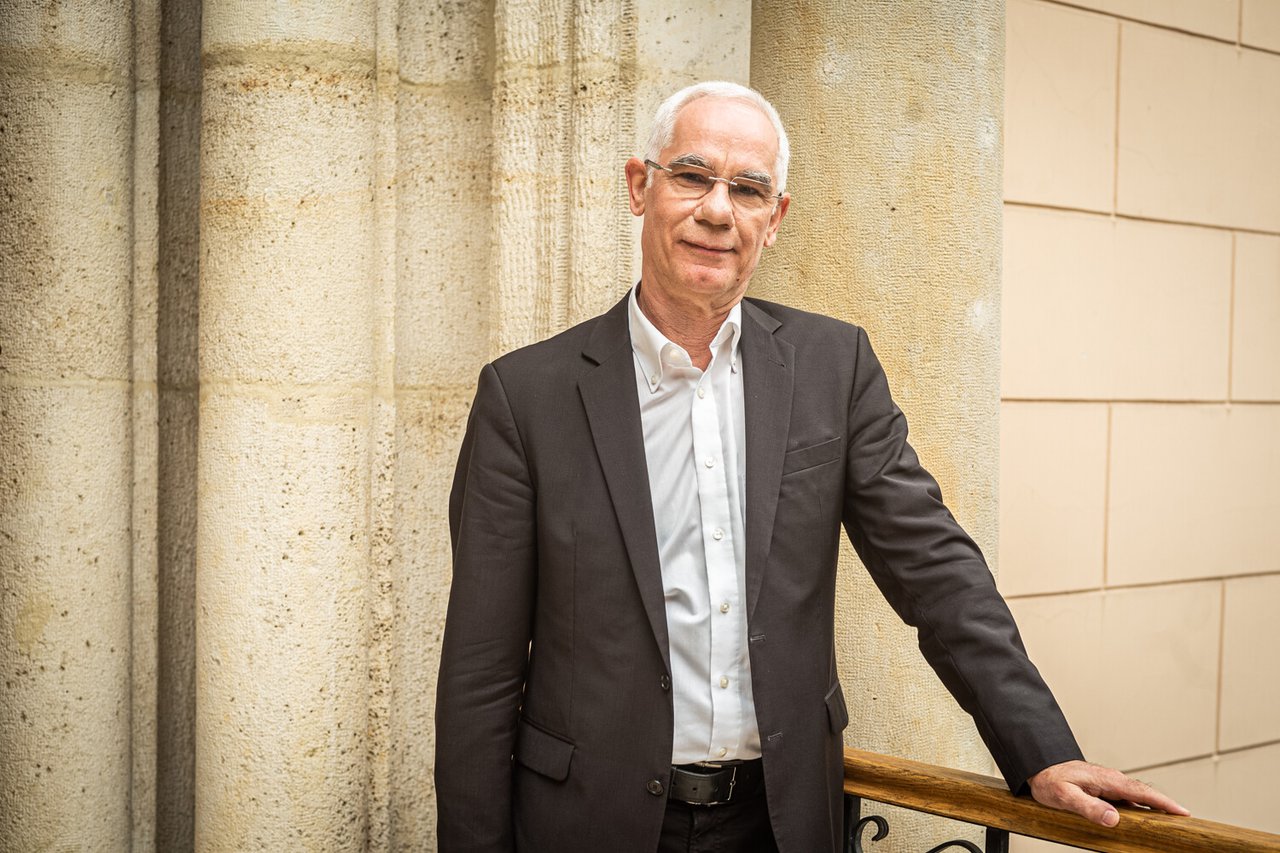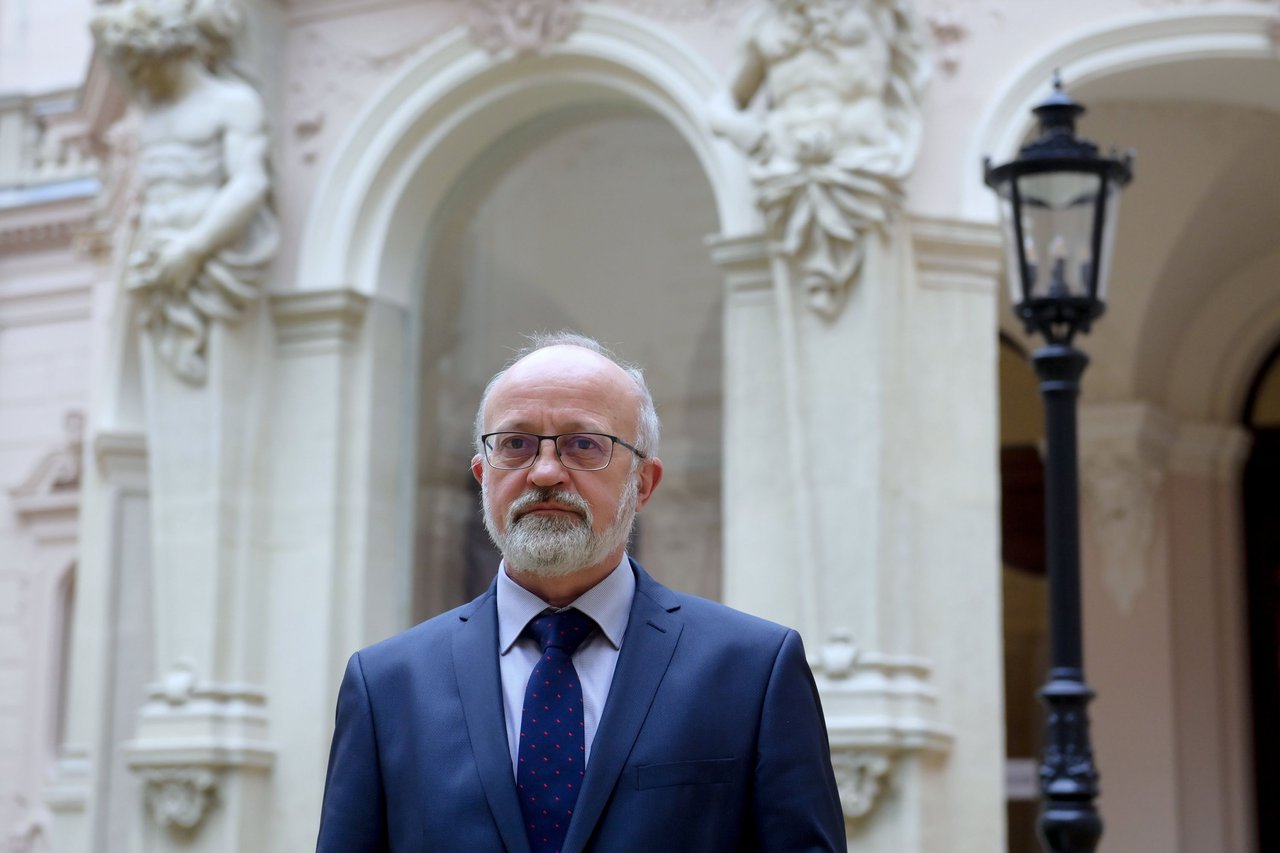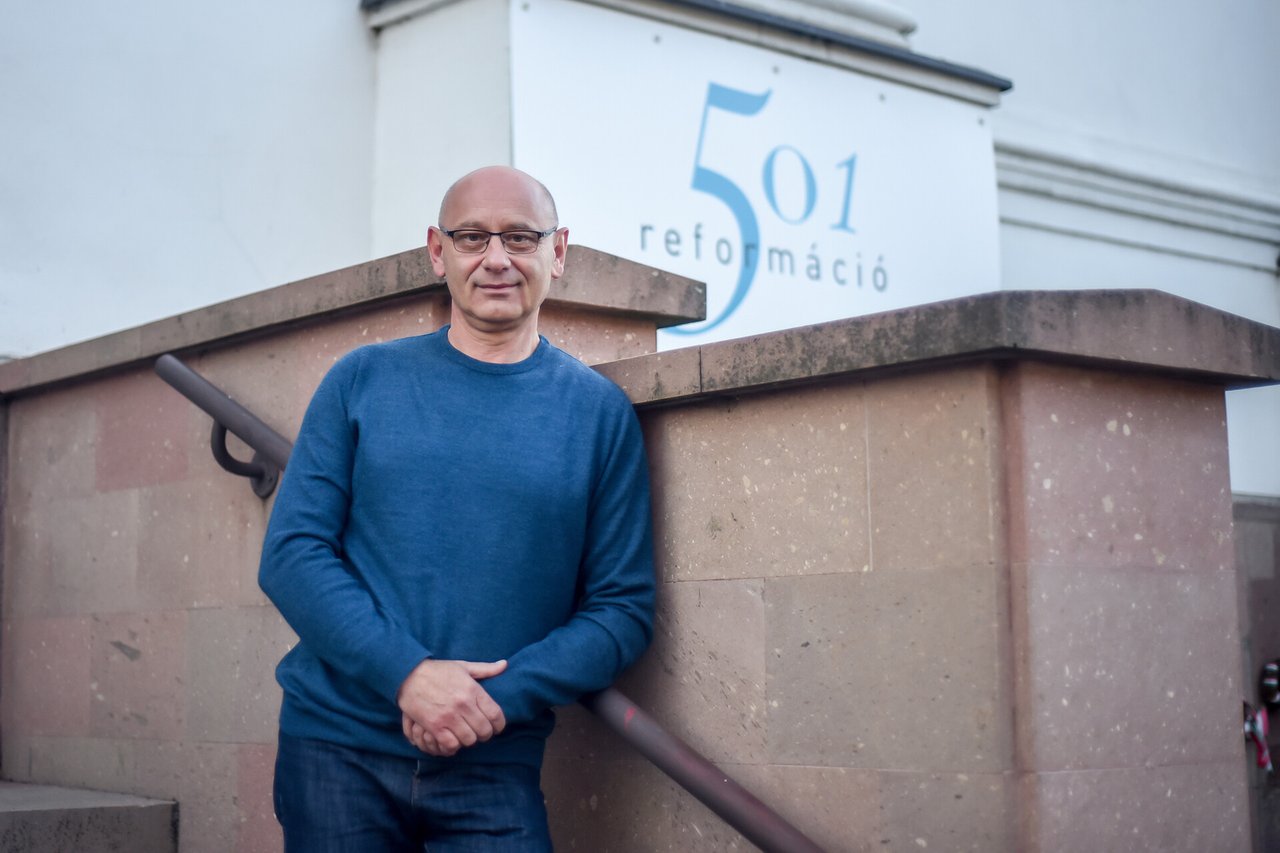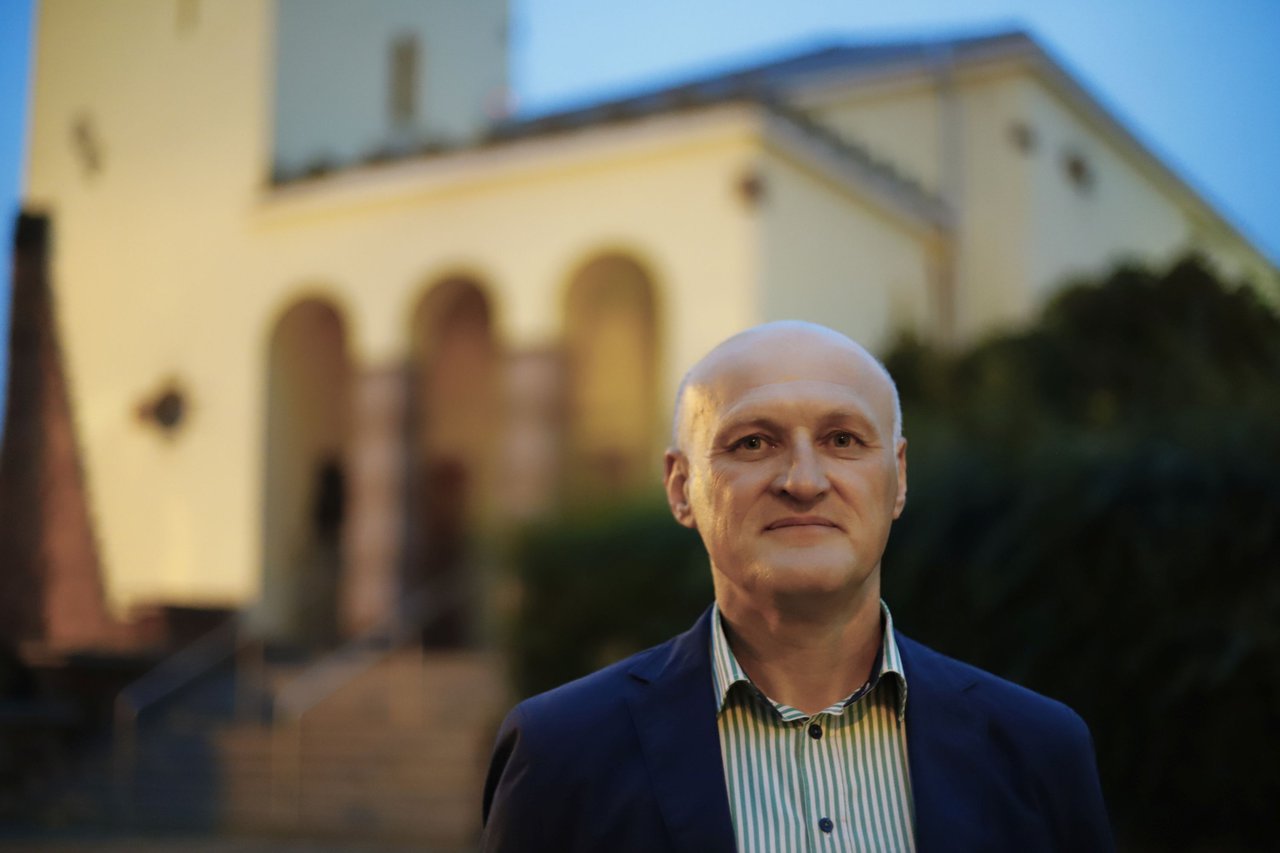Building the church and helping the congregations are common goals for the new Presidium of the Synod of the Reformed Church in Hungary, elected on February 17, 2021. The new members were asked about the relationship between congregations and the leadership.
Zoltán Balog, Ministerial President

Authentic, trust-inspiring leadership and good decisions can be made when the church governor is at home in his own congregation, and he is surrounded by those, with whom he fights the beautiful struggle of faith. With a foundation of prayer and seeking God’s will together, one can take responsibility for the entire Hungarian Reformed Community. We must and we can stand with the word of God before the congregation in the same way as before the election. Yet, it is now possible to pay more attention together to what is happening in Cluj-Napoca, Debrecen and Upper Hungary or in Transcarpathia. Throughout our Hungarian Reformed Church, there are strong traditions of the autonomy and independence of the congregations. Unfortunately, this sometimes means a lack of attention and helpfulness to the other part of the church. I wish to strengthen the links between congregations. Our own community would also pay more attention to the way we - as Reformed Christians – are present in the world outside of our church. I want to represent our whole church among the other Christian denominations in such a way, that our own message, which is entrusted to us Hungarian Reformed communities, is convincing and attractive. Let us see Christ, the common ground and testify together in the world. God’s all-embracing deliverance takes place in the form of the small, human-scale community in the Kingdom of God. Those who lead the church must never forget this.
János Molnár, Lay President

One of the foundations of our Reformation is the principle of parity, which means the joint presence of pastoral and secular leaders – although I do not consider the secular term to be the best, I would rather use presbyter. In our church, this dual presidency is present at all levels. Pastoral and non-pastoral leaders in the congregations, dioceses and church districts are jointly responsible for the community. For me, this has always meant that decisions and responsibilities are shared: helping as a chief elder to the pastor, dean or bishop is not a good choice of words, but truly serving together. The pastor “spiritually pastors” the church, and the secular leader performs other duties. My goal is to use my experience of “secular”, civil work for the benefit of my congregation and my church. I would like to add this to the evolution of the Church of Christ.
Dániel Pásztor, Vice-President

Every member of the Reformed Church needs to be led from above: not expecting it from people, but from God. I hope that most of our congregation members feel that the Lord is leading them through people and that He is entrusting the leadership of the Church to people – I hope that leadership will be experienced through members of the Synod and through Presidium. I would like to help and represent these communities. As vice-president, I would like to be fully involved in the work that the Synod and the Presidium will entrust to me over the next six years. Our goal is to build our church together this way.
Pál Nemes, Vice-President

It is necessary to have a Presidium in the organization, but I consider the Synod body more important and I will do my best to support their work. I believe that our Christian and Reformed values must be reflected in our representation: God can proclaim the word of salvation without the church, but if we can help with that, we must live up to our potential. In the Reformed Church the “biggest ruler” is the congregation, for them we can only show the direction. The Synod law provides a framework for congregational activity, so it is our responsibility to make it easier for them to issue resolutions that they adopt and can rely on. I myself am a member of a Reformed congregation, that community is vital for me, so as a member of the Presidium I see one of our most important tasks in what problems we raise and how we find solutions by thinking together.
New Presidium of the Synod of RCH Elected
The constituting meeting of the newly elected General Synod of the Reformed Church in Hungary elected Bishop Zoltán Balog as Ministerial President and Chief Elder János Molnár as Lay President of the Synod.